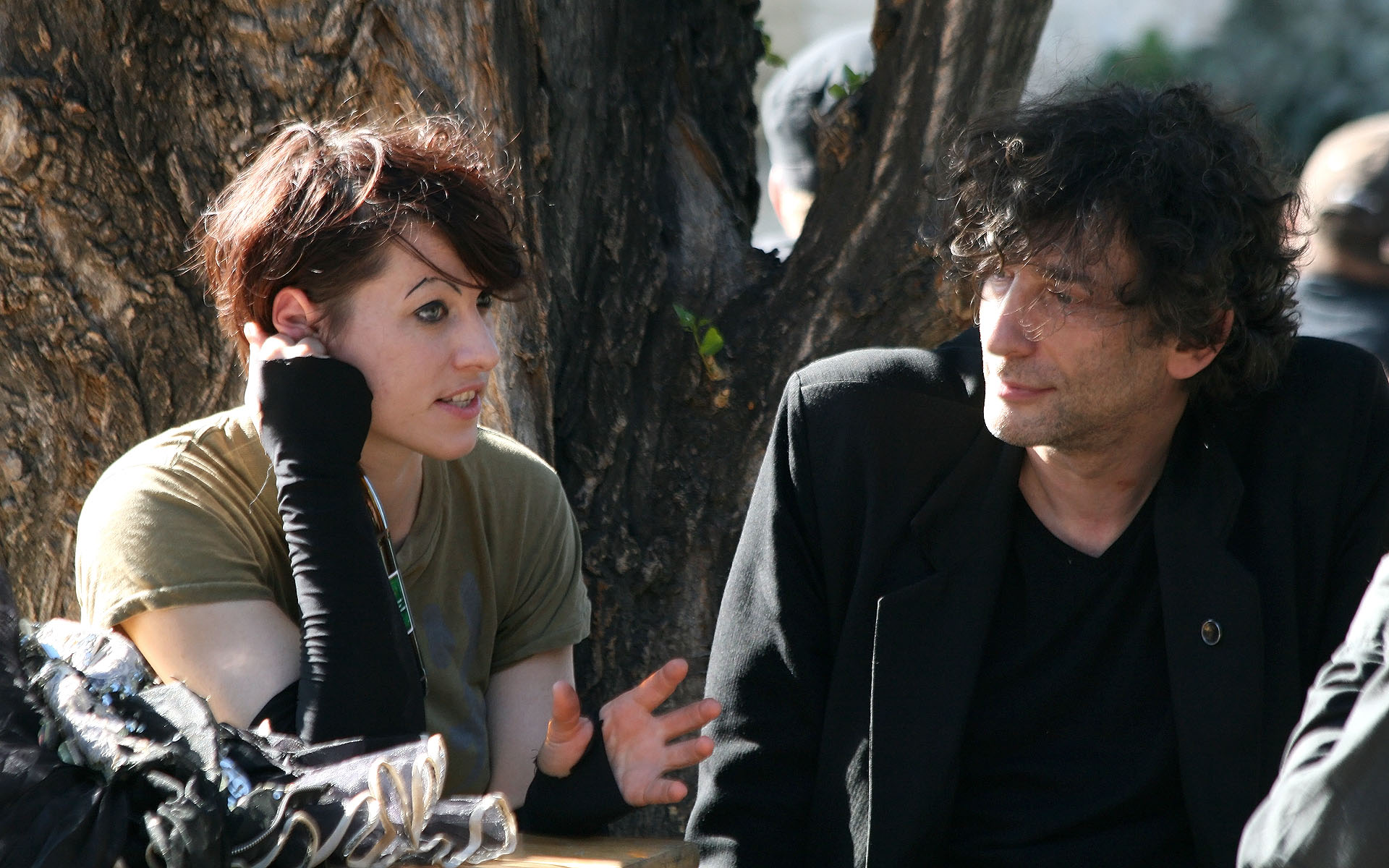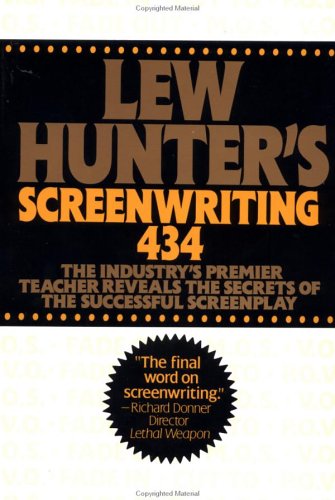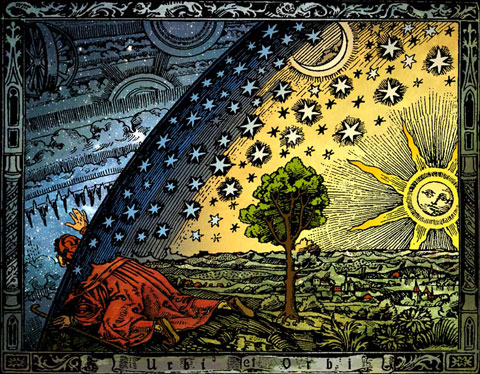Here are a few of my favorite quotes from a few of my favorite authors and influences. Some of these, surely, are, by now, a part of virtually any educated writer’s DNA, but others are still gems worth bringing back into consciousness. I will start with a simple mantra from my years at Writer’s Boot Camp:
The secret to writing is… WRITING!
Neil Gaiman:
- Write
- Put one word after another. Find the right word, put it down.
- Finish what you’re writing. Whatever you have to do to finish it, finish it.
- Put it aside. Read it pretending you’ve never read it before. Show it to friends whose opinion you respect and who like the kind of thing that this is.
- Remember: when people tell you something’s wrong or doesn’t work for them, they are almost always right. When they tell you exactly what they think is wrong and how to fix it, they are almost always wrong.
- Fix it. Remember that, sooner or later, before it ever reaches perfection, you will have to let it go and move on and start to write the next thing. Perfection is like chasing the horizon. Keep moving.
- Laugh at your own jokes.
- The main rule of writing is that if you do it with enough assurance and confidence, you’re allowed to do whatever you like. (That may be a rule for life as well as for writing. But it’s definitely true for writing.) So write your story as it needs to be written. Write it honestly, and tell it as best you can. I’m not sure that there are any other rules. Not ones that matter.
Stephen King:
This, of course, is the killer. What is talent? I can hear someone shouting, and here we are, ready to get into a discussion right up there with “what is the meaning of life?” for weighty pronouncements and total uselessness. For the purposes of the beginning writer, talent may as well be defined as eventual success – publication and money. If you wrote something for which someone sent you a check, if you cashed the check and it didn’t bounce, and if you then paid the light bill with the money, I consider you talented.
Now some of you are really hollering. Some of you are calling me one crass money-fixated creep. And some of you are calling me bad names. Are you calling Harold Robbins talented? someone in one of the Great English Departments of America is screeching. V.C. Andrews? Theodore Dreiser? Or what about you, you dyslexic moron?
Nonsense. Worse than nonsense, off the subject. We’re not talking about good or bad here. I’m interested in telling you how to get your stuff published, not in critical judgments of who’s good or bad. As a rule the critical judgments come after the check’s been spent, anyway. I have my own opinions, but most times I keep them to myself. People who are published steadily and are paid for what they are writing may be either saints or trollops, but they are clearly reaching a great many someones who want what they have. Ergo, they are communicating. Ergo, they are talented. The biggest part of writing successfully is being talented, and in the context of marketing, the only bad writer is one who doesn’t get paid. If you’re not talented, you won’t succeed. And if you’re not succeeding, you should know when to quit.
When is that? I don’t know. It’s different for each writer. Not after six rejection slips, certainly, nor after sixty. But after six hundred? Maybe. After six thousand? My friend, after six thousand pinks, it’s time you tried painting or computer programming.
Further, almost every aspiring writer knows when he is getting warmer – you start getting little jotted notes on your rejection slips, or personal letters . . . maybe a commiserating phone call. It’s lonely out there in the cold, but there are encouraging voices … unless there is nothing in your words which warrants encouragement. I think you owe it to yourself to skip as much of the self-illusion as possible. If your eyes are open, you’ll know which way to go … or when to turn back.
Type. Double-space. Use a nice heavy white paper, never that erasable onion-skin stuff. If you’ve marked up your manuscript a lot, do another draft.
If you haven’t marked up your manuscript a lot, you did a lazy job. Only God gets things right the first time. Don’t be a slob.
- Remove every extraneous word
You want to get up on a soapbox and preach? Fine. Get one and try your local park. You want to write for money? Get to the point. And if you remove all the excess garbage and discover you can’t find the point, tear up what you wrote and start all over again . . . or try something new.
- Never look at a reference book while doing a first draft
You want to write a story? Fine. Put away your dictionary, your encyclopedias, your World Almanac, and your thesaurus. Better yet, throw your thesaurus into the wastebasket. The only things creepier than a thesaurus are those little paperbacks college students too lazy to read the assigned novels buy around exam time. Any word you have to hunt for in a thesaurus is the wrong word. There are no exceptions to this rule. You think you might have misspelled a word? O.K., so here is your choice: either look it up in the dictionary, thereby making sure you have it right – and breaking your train of thought and the writer’s trance in the bargain – or just spell it phonetically and correct it later. Why not? Did you think it was going to go somewhere? And if you need to know the largest city in Brazil and you find you don’t have it in your head, why not write in Miami, or Cleveland? You can check it … but later. When you sit down to write, write. Don’t do anything else except go to the bathroom, and only do that if it absolutely cannot be put off.
Only a dimwit would send a story about giant vampire bats surrounding a high school to McCall’s. Only a dimwit would send a tender story about a mother and daughter making up their differences on Christmas Eve to Playboy … but people do it all the time. I’m not exaggerating; I have seen such stories in the slush piles of the actual magazines. If you write a good story, why send it out in an ignorant fashion? Would you send your kid out in a snowstorm dressed in Bermuda shorts and a tank top? If you like science fiction, read the magazines. If you want to write confession stories, read the magazines. And so on. It isn’t just a matter of knowing what’s right for the present story; you can begin to catch on, after awhile, to overall rhythms, editorial likes and dislikes, a magazine’s entire slant. Sometimes your reading can influence the next story, and create a sale.
Does this mean you can’t write “serious fiction”? It does not. Somewhere along the line pernicious critics have invested the American reading and writing public with the idea that entertaining fiction and serious ideas do not overlap. This would have surprised Charles Dickens, not to mention Jane Austen, John Steinbeck, William Faulkner, Bernard Malamud, and hundreds of others. But your serious ideas must always serve your story, not the other way around. I repeat: if you want to preach, get a soapbox.
- Ask yourself frequently, “Am I having fun?”
The answer needn’t always be yes. But if it’s always no, it’s time for a new project or a new career.
- How to evaluate criticism
Show your piece to a number of people – ten, let us say. Listen carefully to what they tell you. Smile and nod a lot. Then review what was said very carefully. If your critics are all telling you the same thing about some facet of your story – a plot twist that doesn’t work, a character who rings false, stilted narrative, or half a dozen other possibles – change that facet. It doesn’t matter if you really liked that twist of that character; if a lot of people are telling you something is wrong with you piece, it is. If seven or eight of them are hitting on that same thing, I’d still suggest changing it. But if everyone – or even most everyone – is criticizing something different, you can safely disregard what all of them say.
- Observe all rules for proper submission
Return postage, self-addressed envelope, all of that.
- An agent? Forget it. For now
Agents get 10% of monies earned by their clients. 10% of nothing is nothing. Agents also have to pay the rent. Beginning writers do not contribute to that or any other necessity of life. Flog your stories around yourself. If you’ve done a novel, send around query letters to publishers, one by one, and follow up with sample chapters and/or the manuscript complete. And remember Stephen King’s First Rule of Writers and Agents, learned by bitter personal experience: You don’t need one until you’re making enough for someone to steal … and if you’re making that much, you’ll be able to take your pick of good agents.
When it comes to people, mercy killing is against the law. When it comes to fiction, it is the law.
Kurt Vonnegut:
- Use the time of a total stranger in such a way that he or she will not feel the time was wasted.
- Give the reader at least one character he or she can root for.
- Every character should want something, even if it is only a glass of water.
- Every sentence must do one of two things — reveal character or advance the action.
- Start as close to the end as possible.
- Be a Sadist. No matter how sweet and innocent your leading characters, make awful things happen to them-in order that the reader may see what they are made of.
- Write to please just one person. If you open a window and make love to the world, so to speak, your story will get pneumonia.
- Give your readers as much information as possible as soon as possible. To hell with suspense. Readers should have such complete understanding of what is going on, where and why, that they could finish the story themselves, should cockroaches eat the last few pages.
John Steinbeck:
- Abandon the idea that you are ever going to finish. Lose track of the 400 pages and write just one page for each day, it helps. Then when it gets finished, you are always surprised.
- Write freely and as rapidly as possible and throw the whole thing on paper. Never correct or rewrite until the whole thing is down. Rewrite in process is usually found to be an excuse for not going on. It also interferes with flow and rhythm which can only come from a kind of unconscious association with the material.
- Forget your generalized audience. In the first place, the nameless, faceless audience will scare you to death and in the second place, unlike the theater, it doesn’t exist. In writing, your audience is one single reader. I have found that sometimes it helps to pick out one person—a real person you know, or an imagined person and write to that one.
- If a scene or a section gets the better of you and you still think you want it—bypass it and go on. When you have finished the whole you can come back to it and then you may find that the reason it gave trouble is because it didn’t belong there.
- Beware of a scene that becomes too dear to you, dearer than the rest. It will usually be found that it is out of drawing.
- If you are using dialogue—say it aloud as you write it. Only then will it have the sound of speech.



